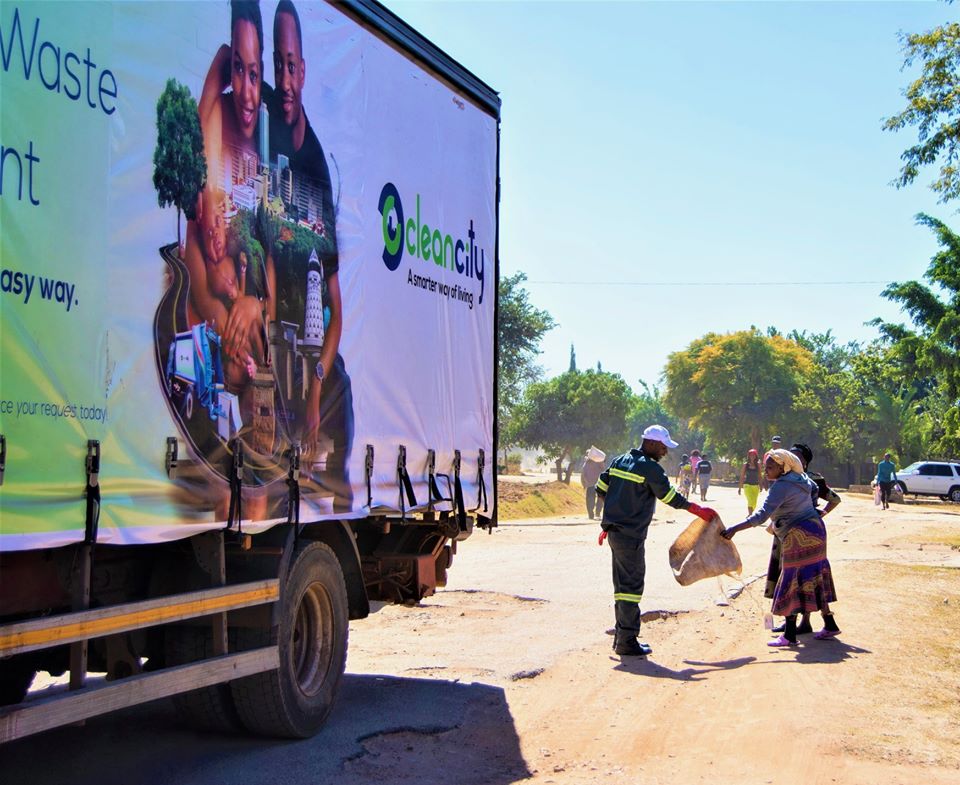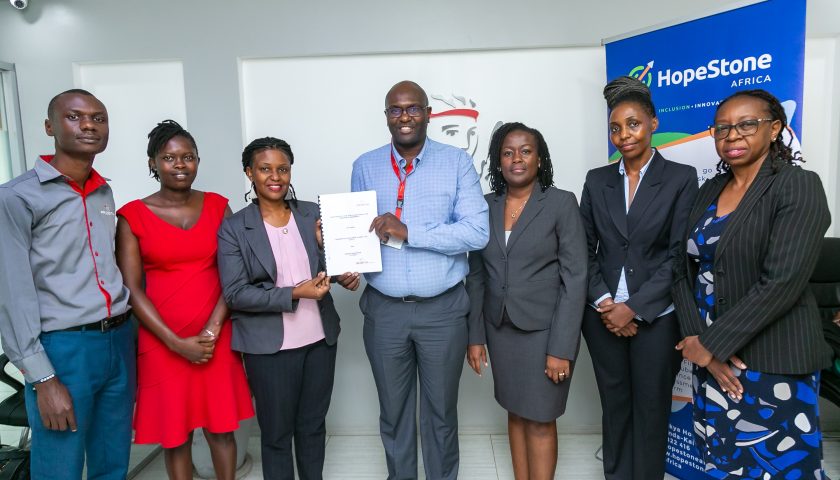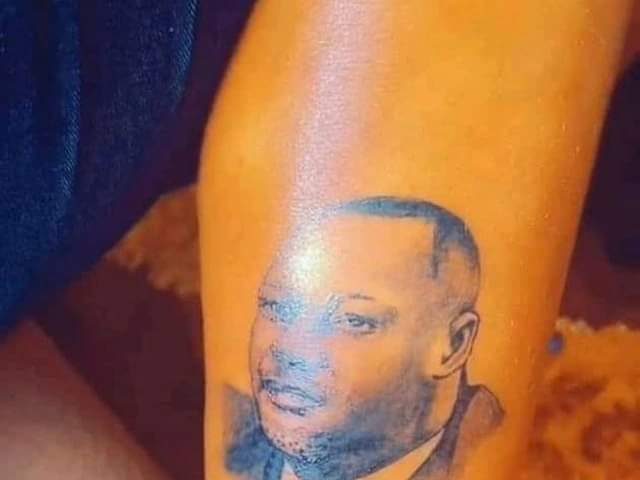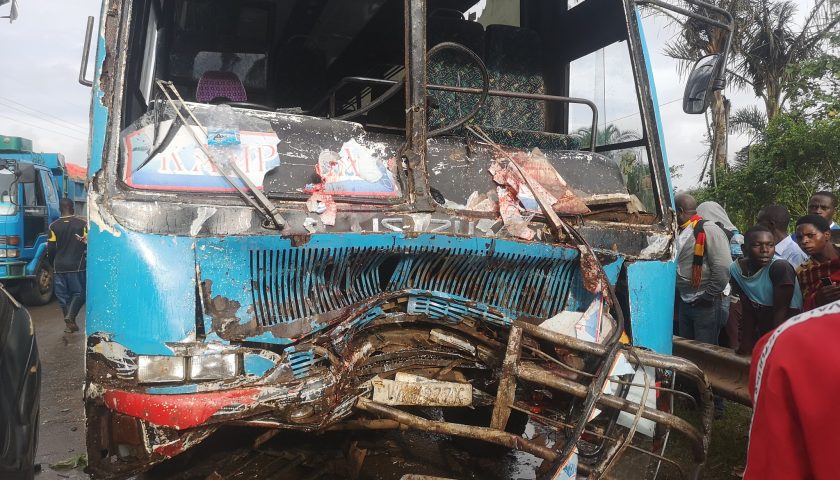As an entrepreneur, if someone asks you, “How does the Clean City or a similar ‘Uber type’ business model actually make money?” would you be able to take a pen and paper to explain how it works? This week I have asked the CEO of Clean City, one of our companies in Harare, to do just that.
First the backstory: Do you remember how this all started? The local authority of a city with a population of over 5 million announced that they were battling to collect garbage. Garbage began to mount up everywhere. It was creating a health hazard.
Entrepreneurs began to emerge in the rich neighborhoods and also for large businesses. Only problem is that these entrepreneurs did not have the capacity or resources for a city-wide solution…
__Our executives at Vaya Logistics then saw an opportunity to provide that solution.
The solution they came up with is basically made up of two well-known business models that I have discussed here before:
# The Franchising Model:
Problem: Most existing waste management contractors were small operations, and could not handle more than 500 homes per week because they did not have capital and vehicles. Solution: we decided to help “capacitate” them.
To do this, we carefully selected around 20 such companies and turned them into “Franchisees”, each assigned a specific geographic area. We give them training and equipment to expand their operations. We also have monitors to check their work. They collect the garbage and we provide them vehicles, marketing, and payment collection.
# The Shared Economy Model:
We provide trucks on demand using our Vaya Trucks. Our truck partners provide 10 tonne trucks which are then retrofitted to carry garbage.
Like any start-up company, Clean City faced a few challenges:
#1. The City Authority was still sending out bills to people even though they were no longer collecting garbage.
Rather than shout and scream, we approached them with a proposition: “Let’s work together. We will give you a share of the revenue on the collections. It’s not right for you to bill people when you don’t provide the service.”
So we proposed a formula where the truck owner gets the highest percentage, followed by the Franchisee, with City of Harare and Clean City getting the remainder commensurate with the cost drivers. To ensure that streets and public places would be kept clean, 5% of the revenue goes to the Community Environmental Service (CES) fund.
#2. More than half of Harare’s 500,000 households cannot afford to pay for garbage collection. So what were we to do?
We created what are known as “Drop Off Zones” in these communities where people can simply drop off the garbage for a token fee and we will collect from there.
To clean up public areas like streets, each Franchisee is required to deploy people who are paid from the CES fund. Over 500 people are deployed for this work every day!
We also introduced “Material Recovery Centres” where each Franchisee must sort out the waste to remove things like plastic and eWaste. This is to create jobs for people who scavenge on the garbage dumps.
The work of cleaning the city is actually being done by over 200 small businesses:
# The Franchisees employ the people who collect the garbage from each home and business.
# These small businesses each employ about 100 people. And there are 20 of them.
# The trucks are owned by independent truckers, and there are 200 trucks employing 400 people.
# Clean City itself employs over 30 people.
Just imagine the number of jobs in this model?!
From the outset, Clean City Africa worked hand in hand with community leaders such as Residents’ Associations and local councillors. Together we cleared illegal dumps and got residents engaged in cleaning.
Even the Environmental Management Authority (a central government agency) participated fully in this initiative.
What’s that in your hand?
__The Clean City Digital Platform allows customers to schedule and pay for garbage pick-up! The Franchisee assigned to the area collects the garbage and gets paid through the platform. It’s that simple!
Do you see how, by tackling this problem with an entrepreneurial mindset, using technology and proven business models, Clean City is now delivering a solution in a way that involves partnership and visionary support of people across one city, whilst cleaning up the environment and creating jobs?
This is my challenge to all the young entrepreneurs on this platform!
Since the launch of the platform, cities across Africa have been asking us to expand our operations. We will start scaling it up later this year.
I have said here before: the environment must be protected and there’s not a moment to waste… but for #entrepreneurs, this can mean venture opportunities, too.
What are YOU doing? Let’s talk.
End.
You too can share your story or journey. Send it to editor@postdator.com.




